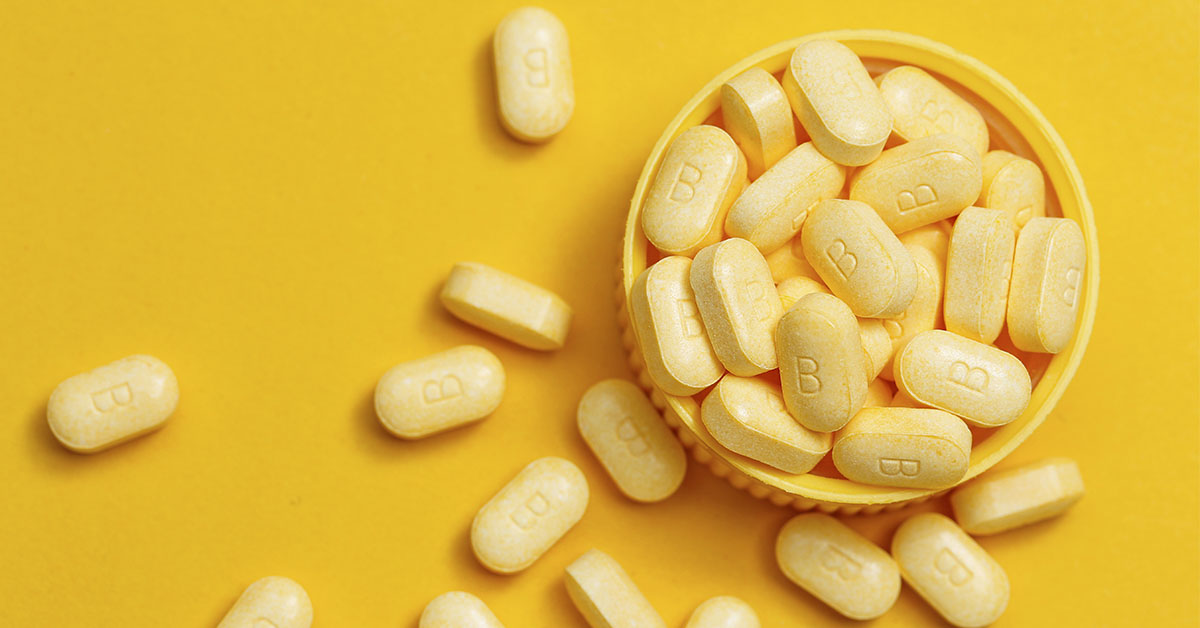Nutrition affects our mental health as much as it affects our physical health. This is no surprise; we’ve all experienced feeling energized after a healthy meal and groggy after an unhealthy one. However, food’s impact on brain health goes beyond energy levels. It can also affect mood, emotions, cognition, and even psychiatric disorders like depression. That’s why nutritional psychiatrists prescribe dietary changes along with typical psychiatric treatments, like medication, therapy, exercise, etc. These changes often include treating any deficiencies, especially deficiencies in vitamins proven to affect moods and cognition.
The most important vitamin for brain health
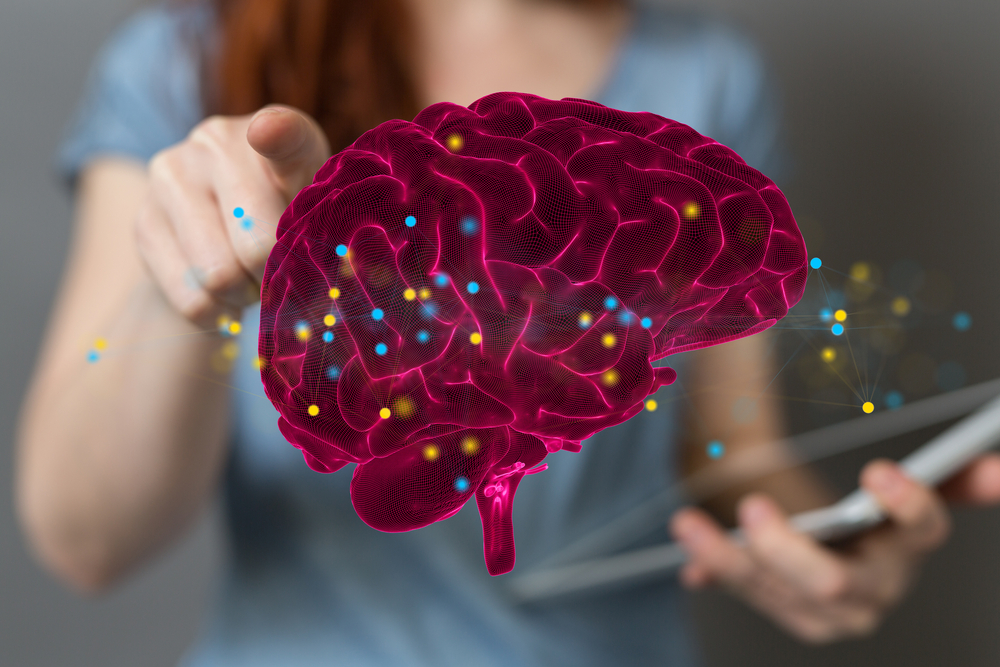
Dr. Uma Naidoo is a nutritional psychiatrist, the director of nutritional and lifestyle psychiatry at Massachusetts General Hospital, the director of nutritional psychiatry at the hospital’s academy, and is on the faculty at Harvard Medical School. On CNBC, she answers a question she receives frequently. What is the best vitamin to protect our brain health as we age? [1]
“Each of our microbiomes is like a thumbprint, so a truly effective eating plan is personalized to the unique needs of an individual,” she writes. “But the vitamin group I prioritize the most to keep my brain young and healthy are B vitamins.”
Read More: Do Vitamin B12 Supplements Cause Acne, Bone Fractures, and Lung Cancer?
B vitamins and their benefits
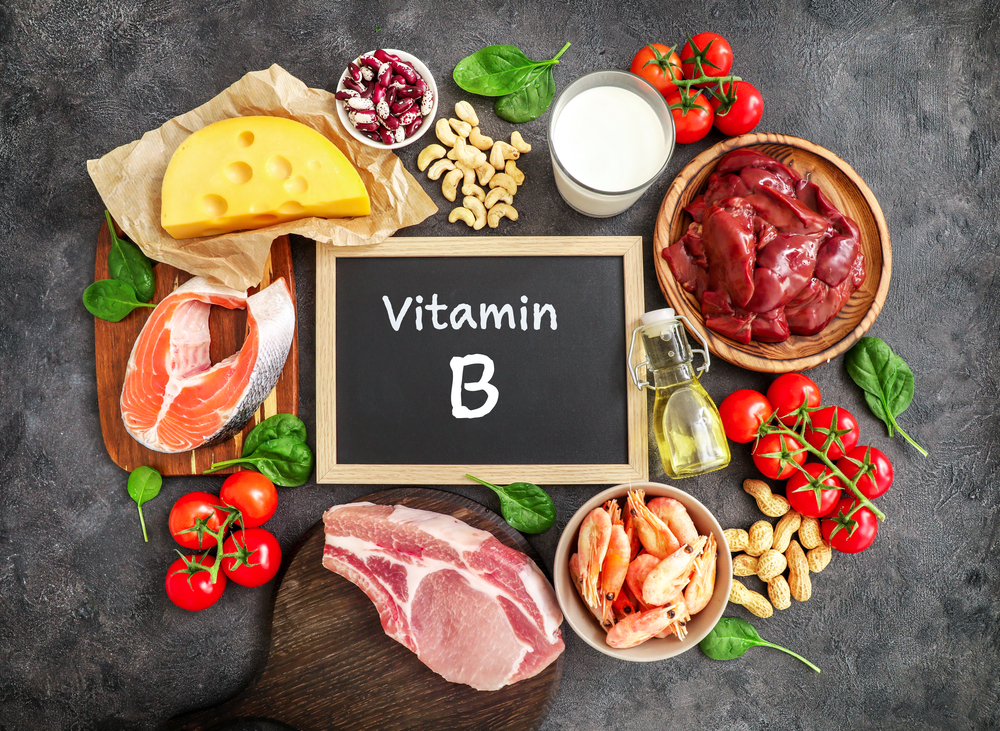
It’s a scary fact that the risk of neurological disease increases with age. However, studies have found a correlation between depression, dementia, other mental impairments, and a deficiency of B vitamins. Bear in mind there are eight B vitamins that provide varying health functions, but all of them can play a role in mental well-being.
Vitamin B1

Thiamin helps the cells function normally and metabolize nutrients for energy. This includes cells in the brain, and thiamin deficiencies could potentially lead to neurological issues.
Vitamin B2
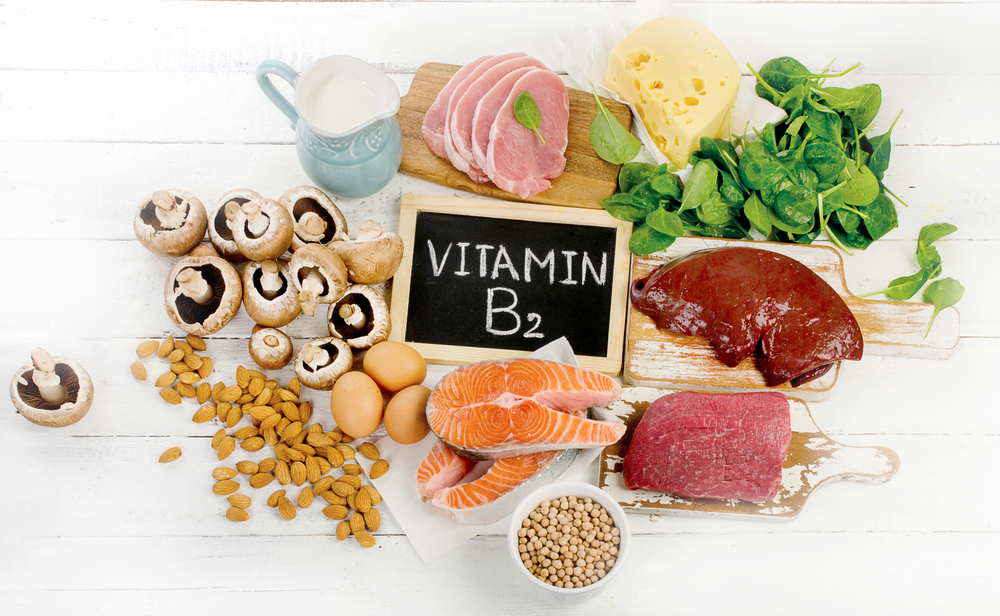
Riboflavin helps enzymes in body cells function and react properly. It also helps grow cells, makes energy, and breaks down fats. As a result, deficiency can cause fatigue.
Vitamin B3

Niacin aids over 400 enzymes to produce materials needed in the body and helps produce energy for the organs. This vitamin is also an antioxidant, which may help with inflammation.
Vitamin B5

Pantothenic acid is required for the body to make coenzyme A, which helps enzymes build and dismantle fatty acids for energy.
Vitamin B6

Pyridoxine helps many of the body’s chemical reactions, including those that support brain health and the immune system.
Vitamin B7
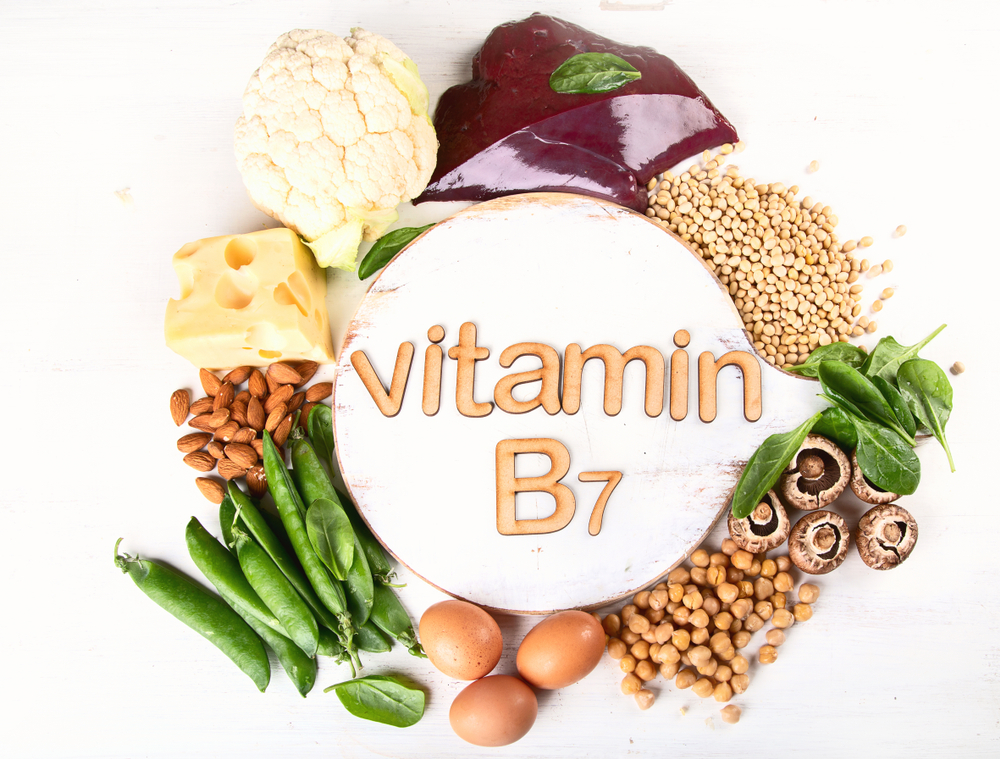
Biotin helps regulate cell signals for the body to communicate efficiently. In the brain, it’s needed for signaling through neurotransmitters.
Vitamin B9
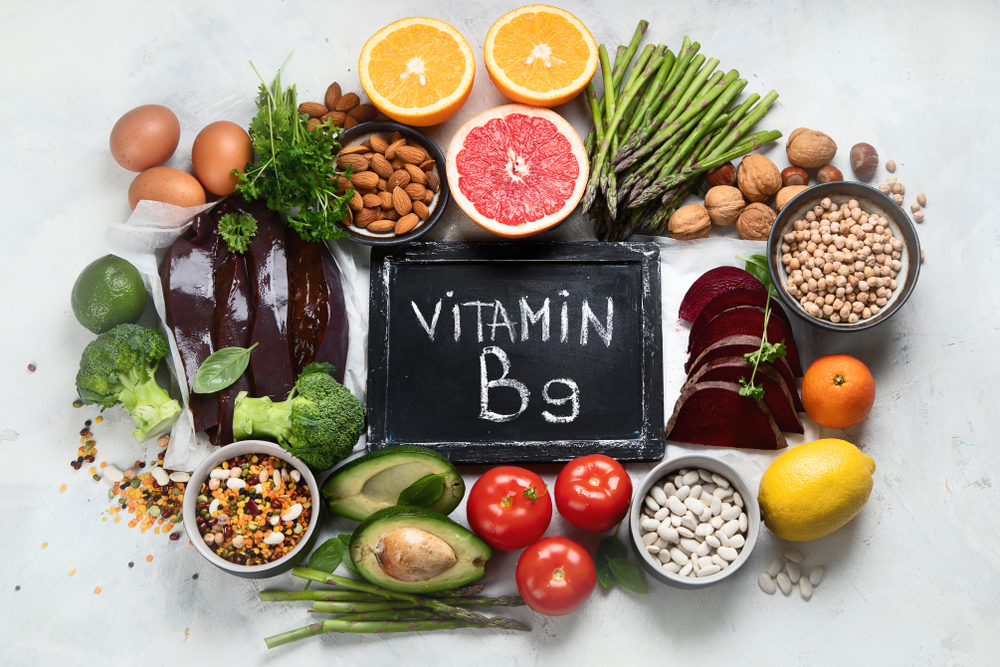
Folate supports brain, neurological, and psychological health.
Vitamin B12

Cobalamin is involved in the formation of red blood cells and DNA, as well as the regular function of the nervous system. It also helps the body break down homocysteine, and an excess of this protein can lead to poor heart health and dementia.
Read More: Expert Encourages People to Take This Vitamin to Reduce Dementia Risk
Foods rich in B vitamins
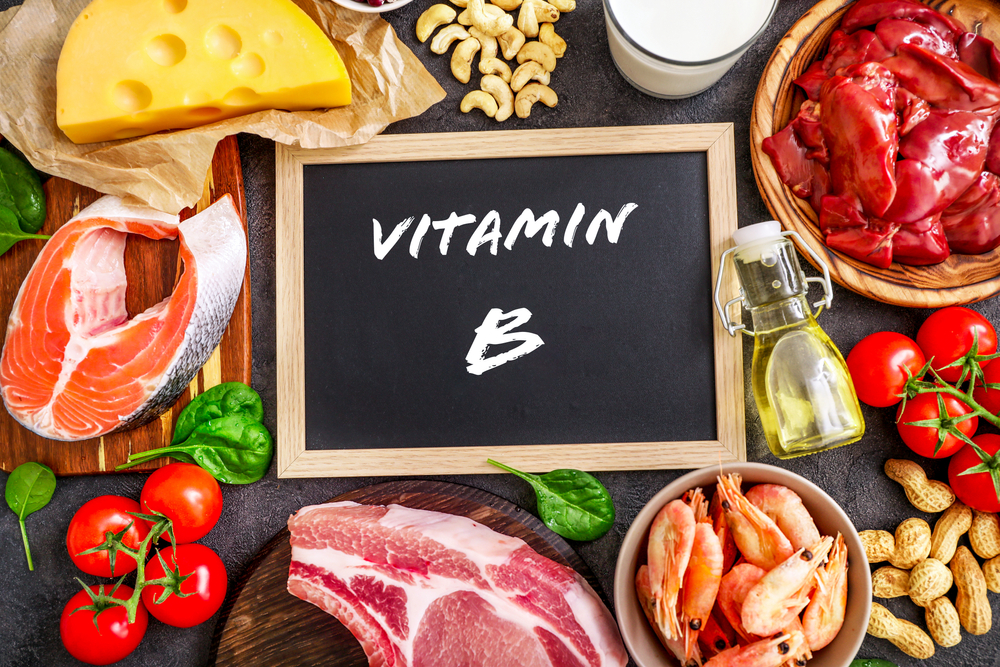
Dr. Naidoo advocates for consuming these vitamins in food before turning to supplements. Keep in mind that B vitamins are water-soluble, which means the body doesn’t store them. Therefore, they need to be consumed regularly. Also, caffeine, refined sugars, nicotine, and alcohol can reduce the vitamins’ effects. People who ingest these things in excess may be at risk of a deficiency. Vitamin B12 appears naturally in animal products, like fish, meat, and dairy, which means vegans and vegetarians may lack this nutrient in their diets. [2]
Other people at risk of a vitamin B12 deficiency include those who have Crohn’s or celiac disease, take heartburn medications, have had a recent weight loss surgery, and are over 50. This is because the body begins to produce less of what is known as intrinsic factor, which is needed for proper absorption. If someone suspects they have a deficiency, Naidoo recommends they get tested and consult with their doctor about what to take. Additionally, some B vitamins can interact with certain medications, so it’s always best to work with a medical professional. [3]
“The good news is that B vitamins are among the easiest to work into your diet because foods that are rich in one B vitamin often contain many, if not all, of the B vitamins when consumed as whole foods,” she says. Therefore, she eats these vitamin B-filled foods every day:
- Eggs
- Yogurt
- Legumes
- Salmon
- Sunflower seeds
- Leafy greens
Further studies on B vitamins and mental wellbeing
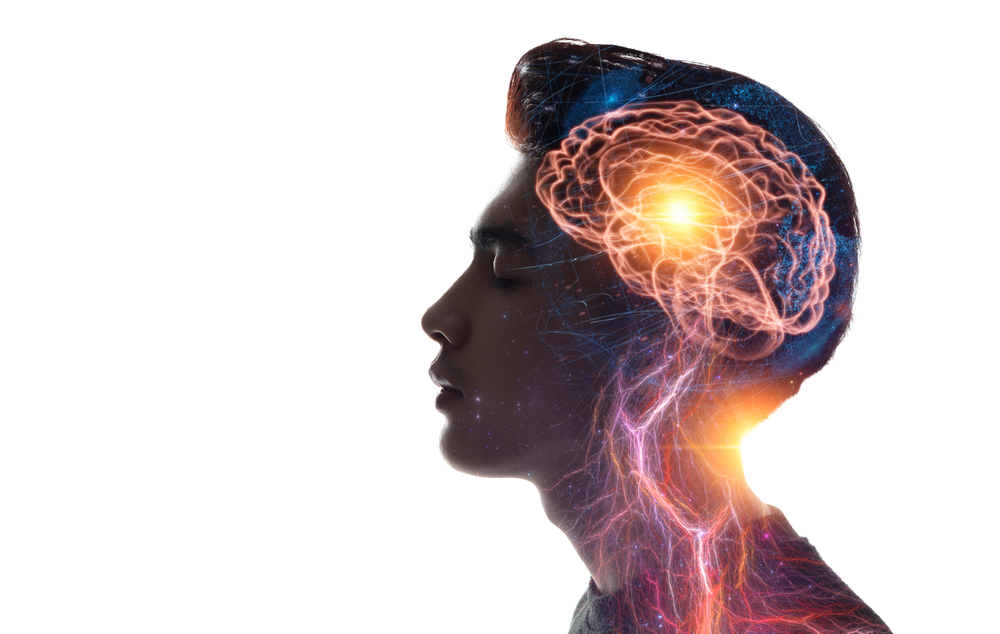
Studies have linked vitamin B deficiencies to depression, although the reason for the connection is still unknown. In these cases, correcting the deficiency solved the issue. However, one study examined the effects of deliberately high doses of B vitamins on mental well-being. In a study published in the journal Human Psychopharmacology: Clinical and Experimental, young adults took high doses of vitamin B6 for a month and reported feeling less depressed and anxious. During the trial, over 300 participants took either vitamin B6 or vitamin B12 supplements (about 50 times higher than the recommended intake) or a placebo. While vitamin B12 had little effect compared to the placebo, B6 made a notable difference. [4]
“Recent theories have connected mood disorders and some other neuropsychiatric conditions with a disturbance of this balance, often in the direction of raised levels of brain activity,” said Dr. David Field, lead author from the School of Psychology and Clinical Language Sciences at the University of Reading. “Vitamin B6 helps the body produce a specific chemical messenger that inhibits impulses in the brain, and our study links this calming effect with reduced anxiety among the participants.“
However, this research is still preliminary, and it’s important to note that the anti-anxiety effects were minor compared to anti-anxiety medication. However, this research shows potential for future studies to find nutrition-based treatments for mental well-being and brain health.
Read More: Autoimmune disease may be prevented by vitamin supplements, study finds
Sources
- “A Harvard nutritionist shares the No. 1 vitamin that keeps her brain ‘young and healthy’—and foods she eats ‘every day’.” CNBC. Dr. Uma Naidoo. August 5, 2022
- “Can Nutrient Deficiency Cause Depression?” Very Well Mind. Nancy Schimelpfening. January 28, 2021
- “Can a B-12 Deficiency Cause Depression?” Healthline. Jennifer Purdie. January 26, 2017
- “Vitamin B6 supplements could reduce anxiety and depression.” Science Daily. University of Reading. July 19, 2022.
